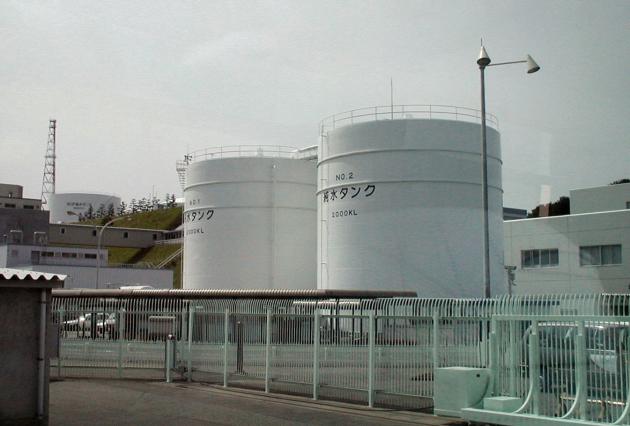The Ministry of Health and Welfare said that it conveyed the Korean government’s concerns over radioactive water disposal at the Fukushima Daiichi nuclear plant in Japan, during the 70th World Health Organization's West Pacific Regional Conference.

Kang Dae-tae, assistant minister for the Planning and Coordination Office at the ministry and chief representative of the regional meeting, expressed concern about the handling of radioactive water from the Fukushima nuclear power plant and urged the Japanese government and international agencies to respond with care.
"Disposing of radioactive water into the sea is not just a problem for Japan but an international issue that can have a significant impact on the marine environment of the Western Pacific region and the health of its people," Kang said. "The WHO Western Pacific Regional Office, along with relevant international organizations such as the International Atomic Energy Agency (IAEA), has to minimize the impact on the health of the residents of the region."
Kang urged the international bodies to disclose relevant information transparently so that there is no unnecessary anxiety when Japan decides on how to dispose of the contaminated water.
In response to Korea's concerns, the Japanese health ministry officials said that they have made efforts to share information and clean up contaminated water, but have not currently decided on how to deal with Fukushima's contaminated water.
The Japanese officials also noted that the decision to discharge the radioactive waters would be made under international standards such as the International Radiation Protection Committee.
The Fukushima Daiichi nuclear plant is now sitting on a million-ton of water contaminated with radioactive elements while the amount grows around 150 tons a day.
While the Japanese government has claimed that it has removed most of the radioactive isotopes using an elaborate filtration process, it could not eliminate one isotope, tritium, so it has been storing the water in large tanks, which will fill up by 2022.
Some scientists have claimed that tritium causes harm to humans except in very high concentrations, and the IAEA also argues that properly filtered Fukushima water could be diluted with seawater and then safely released into the ocean without causing environmental problems.
However, other experts have claimed that even the diluted version of tritium can affect cell structures in plants, animals, or humans. The consensus of dumping the water into the Pacific Ocean also faces fierce backlash from both the Japanese fisherman groups and the Korean government, they said.

